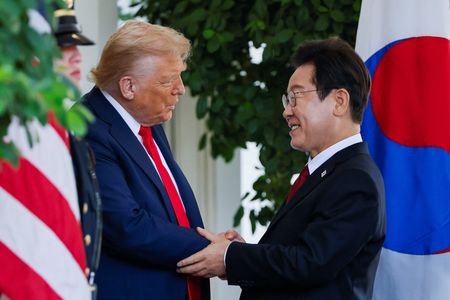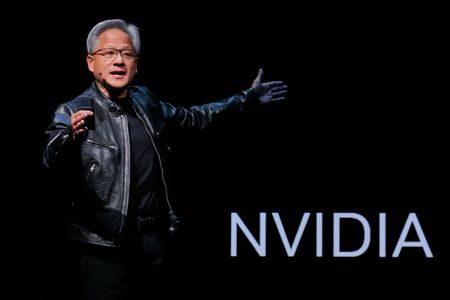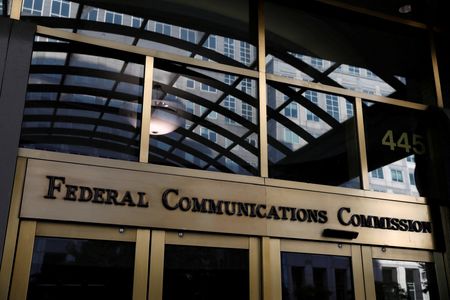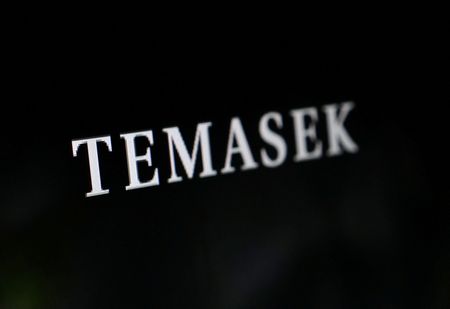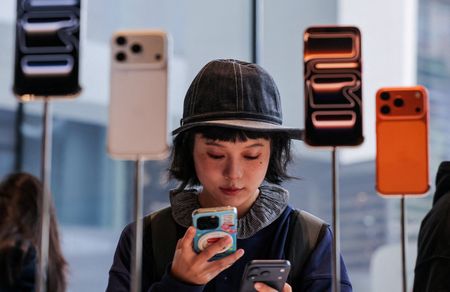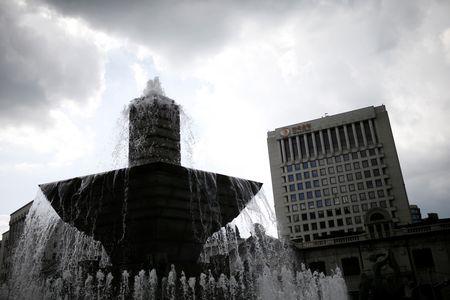SEOUL (Reuters) -South Korean President Lee Jae Myung sits down with U.S. President Donald Trump for the second time in two months on Wednesday, with crucial trade and security issues that could chart the future of their 72-year alliance at stake.
The following are some issues that are likely to top the agenda of their talks ahead of the Asia-Pacific Economic Cooperation summit in Gyeongju, South Korea, which Trump is not expected to attend.
TRADE
South Korea’s hope to finalise a deal on cutting U.S. import duties on South Korean goods during Trump’s visit this week appears all but dashed, as negotiators for the two sides remain deadlocked over a $350 billion investment pledge by Seoul.
Initially heralded by South Korea as a monumental commitment that could help the U.S. rebuild its manufacturing industries, the demand by Trump for South Korea to pay the total in cash or equity “up front” has upended the preliminary deal.
South Korean officials have said the plan was for the bulk of the $350 billion in investment to be in the form of loans and loan guarantees to South Korean companies setting up new facilities in the U.S.
South Korea’s Lee has said such a cash outlay would destabilise the country’s financial markets.
DEFENCE AND NUCLEAR ENERGY
Trump has argued that countries such as South Korea should pay more for the cost of U.S. military presence – roughly 10 times the 1.5 trillion won ($1.06 billion) that was agreed by the allies for 2026.
Trump has also demanded that U.S. allies, including the EU, spend 3.5% of their GDP on defence. South Korea’s defence cost is currently 2.3% of GDP.
South Korea plans to increase its defence spending by 8.3% for 2026, more than double the increase for this year.
U.S. officials have hinted at the idea of broadening the role of the 28,500 U.S. troops from a focus on countering North Korea to responding to security tensions with China’s rise as a major military power.
South Korea is looking to revise an agreement with the U.S. on nuclear energy to win approval from Washington to reprocess spent nuclear fuel and enrich uranium for purely civilian energy purposes.
NORTH KOREA
While Seoul and Washington are formally in agreement on the goal of dismantling North Korea’s nuclear weapons programme, Trump has said Pyongyang was already a “nuclear power,” hinting at the idea of abandoning denuclearisation.
Lee has made it a top priority to bring Pyongyang back to dialogue and said Trump was the ideal person to entice North Korean leader Kim Jong Un.
Trump has boasted of his three summits with Kim during his first term and has expressed willingness to meet him during this week’s trip to the region.
North Korea has not responded, although Kim has said he has “fond memories” of Trump from their previous meetings.
U.S. VISAS FOR SOUTH KOREAN WORKERS
The United States has pledged to improve South Korean workers’ access to visas that would allow them to work in the U.S. to set up and manage business facilities invested in by South Korean companies.
The promise, which Trump has backed, follows the arrests of more than 300 South Korean workers by U.S. immigration authorities at a Hyundai Motor facility in the U.S., which stunned South Korean officials and the public.
The discussions have yet to yield a concrete resolution to South Korean businesses, which have resorted to a grey area in the U.S. immigration process.
($1 = 1,421.4800 won)
(Reporting by Jack Kim)

